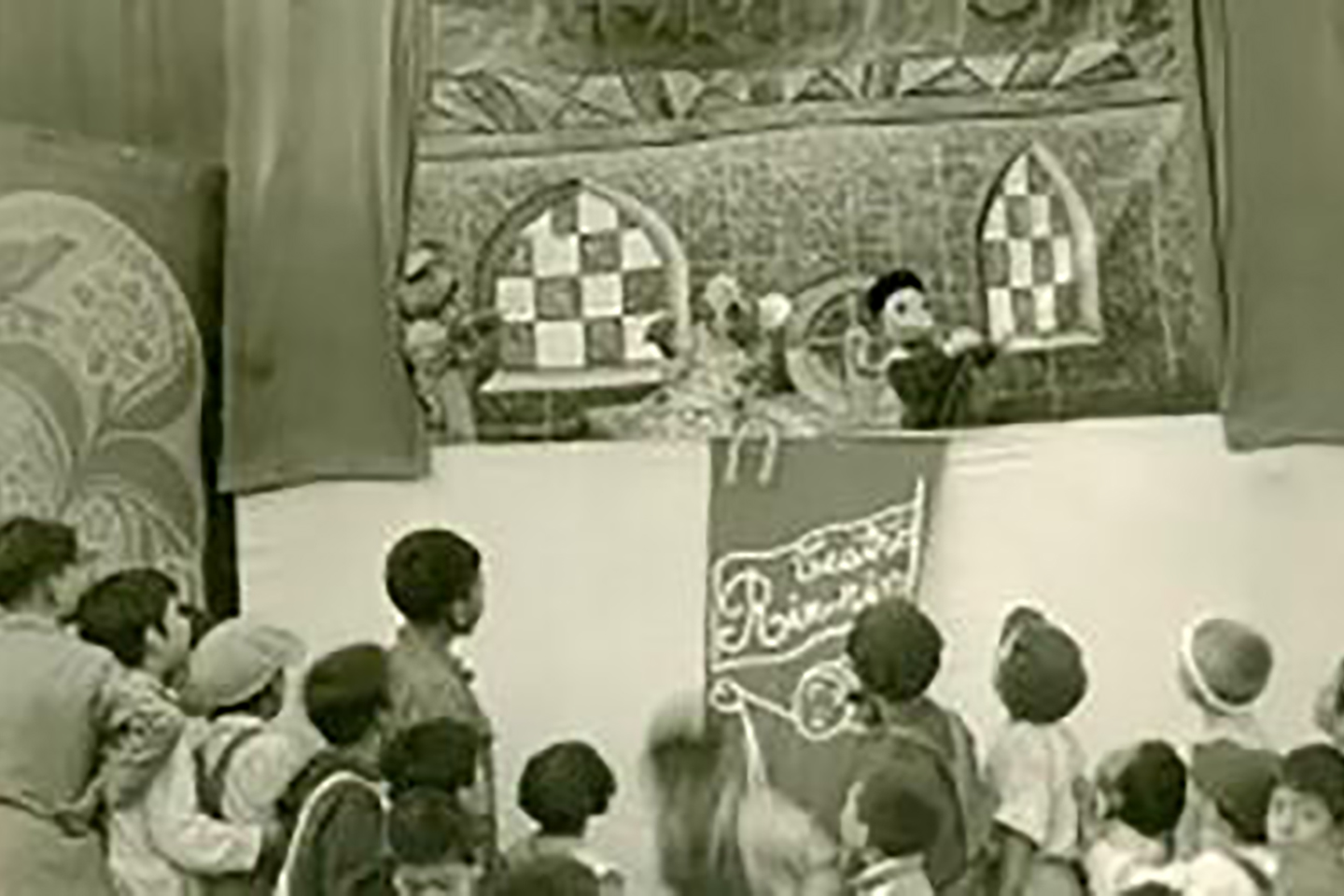
ROBERT HERR
Friday 5/1/15
2:30pm in 14N-217
In 1930s Mexico, radical artists formed troupes of puppet theater, known as Teatro Guiñol, to promote values and behaviors for a revolutionary age. Tied to the Stridentist avant-garde movement and adopted by the nation’s Ministry of Education, the puppeteers drew from a transnational well of artistic inspiration and institutional models. However, in staging their plays around puppet heroes who were at once rebels and rapscallions, they bridged notions of tradition and modernity to reach a Mexican audience of children, peasants and workers.
Robert Herr is a lecturer in Spanish, Writing and Latin American, Latino and Caribbean Studies at Dartmouth College. He received his Ph.D. in Latin American literature in 2013 from the University of Massachusetts Amherst with a dissertation entitled “Puppets and Proselytizing: Politics and Nation-Building in Post-Revolutionary Mexico’s Didactic Theater.” Based on archival research made possible by a Mellon Dissertation Fellowship in the Humanities in Original Sources, his study examines how Mexican artists, teachers and state officials collaborated to stage educational plays in working class neighborhoods and rural communities in an effort to foster revolutionary citizens.
